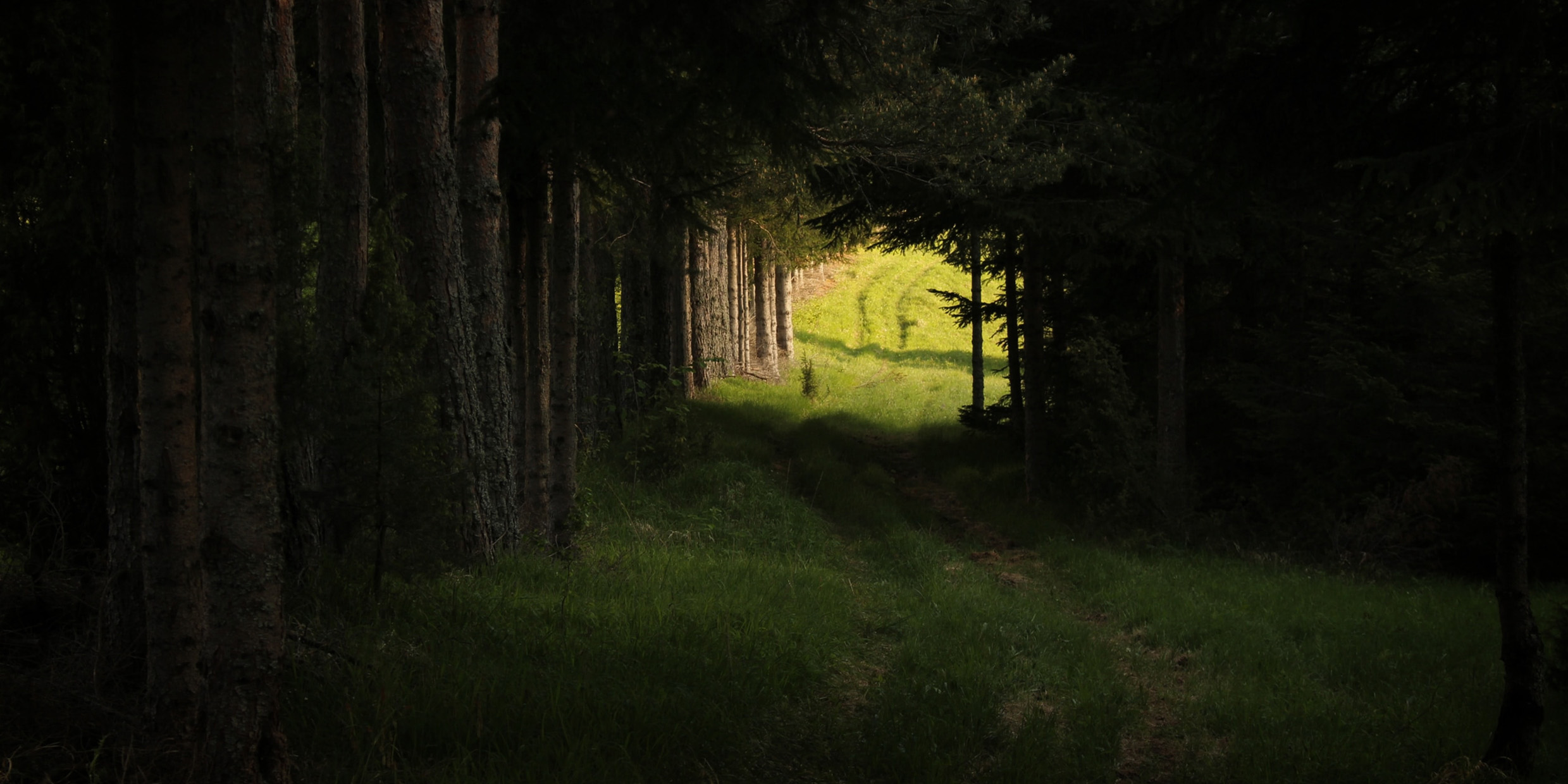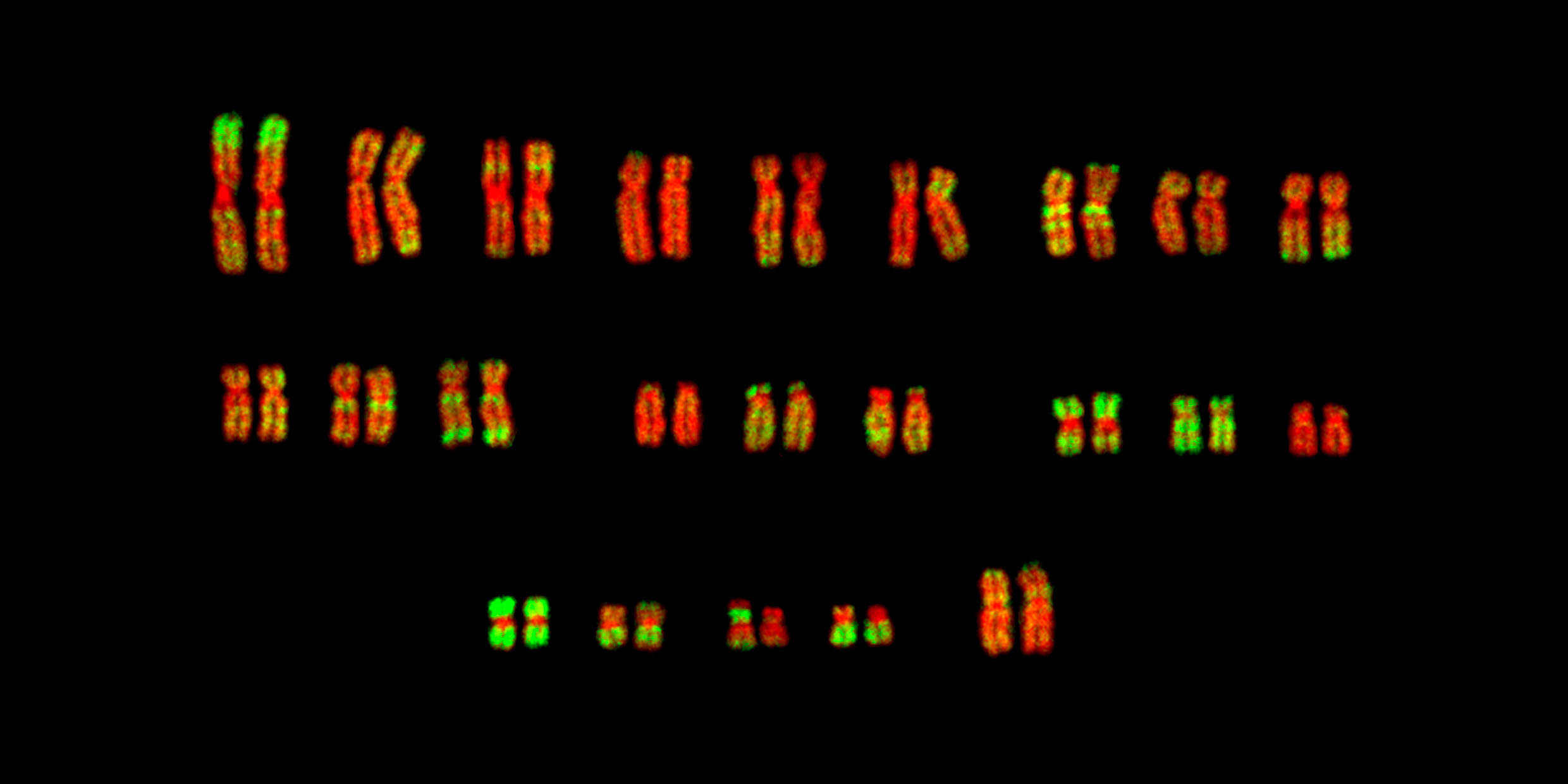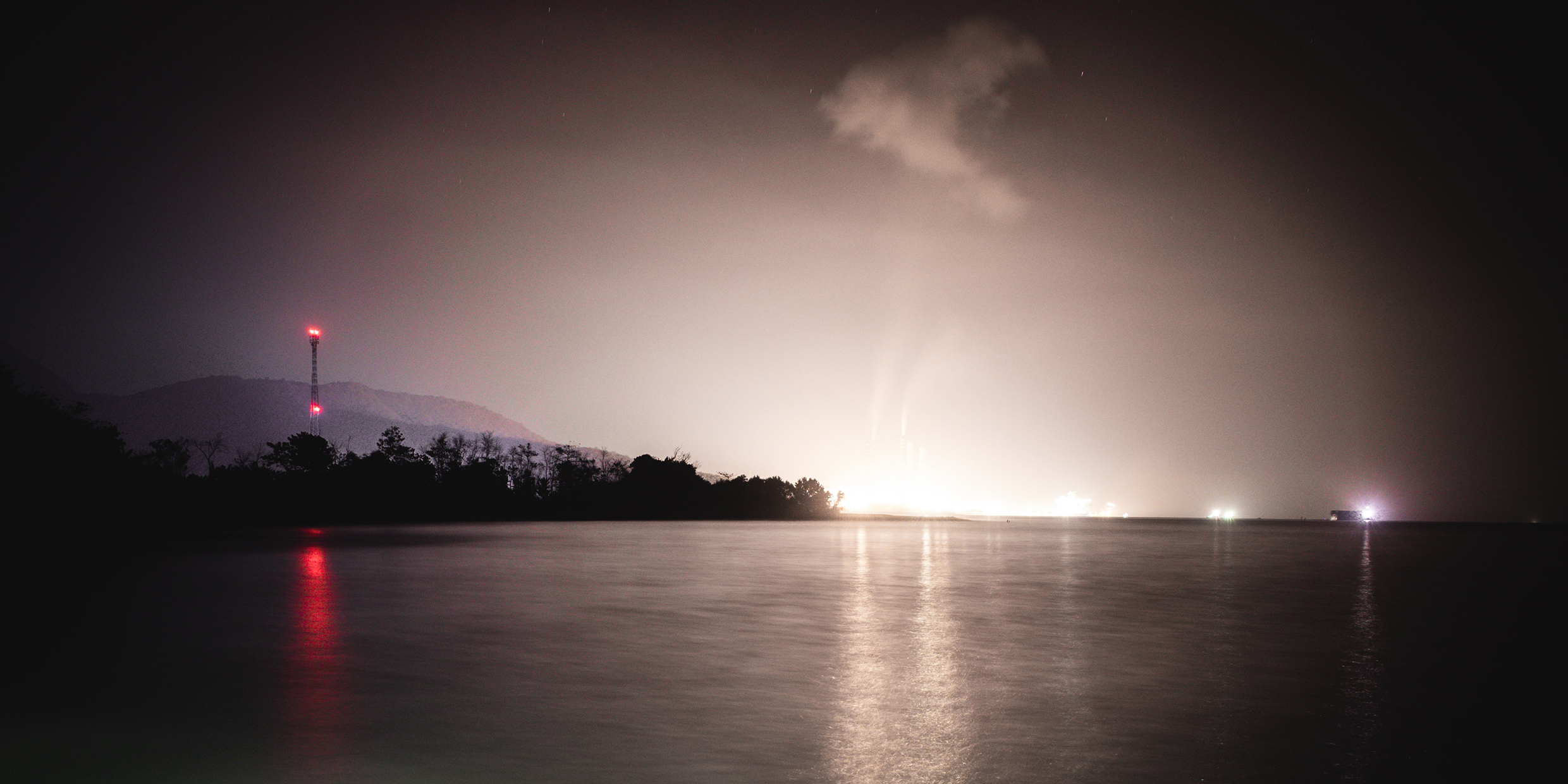Last week this column took note of environmental philosopher Bill McKibben’s new book, “Enough: Staying Human in an Engineered Age” — an important book, powerfully persuasive, and utterly necessary.
The evolution of technology
Fourteen years ago, Bill McKibben jolted our environmental awareness with a splendid little book, “The End of Nature,” that cataloged the ways human economic activities are rending the fabric of nature. In particular, he drew our attention to changes in the atmosphere, and to the possibility of global warming.
All the old sciences have starring roles
When I was in high school many long years ago, the sciences were the basics — physics, chemistry, biology.
The historic conflict between X and Y
Has there ever been a more astute observer of the war between the sexes than James Thurber?
Neutralinos may reveal themselves
You may have heard of the medieval philosophers who supposedly debated how many angels could dance on the head of a pin. The modern equivalents are surely the astrophysicists who study the beginning and evolution of the universe.
Waging peace by slaking world thirst
During the third week of March [2003], 10,000 delegates from around the world met in Japan for the UN-sponsored World Water Forum.
The current era is defined locally
In a park in West Bridgewater stands an old iron anvil. A plaque on a nearby forge-stone reads: “And here before the Revolutionary War […] Captain John Ames, began the manufacture of shovels with a trip-hammer set on this stone.”
Facing new questions about transplants
In a recent story in The New York Times Magazine, author Charles Siebert recounts his interview with Dr. Peter Butler, a British plastic surgeon who is prepared to supervise the first transplant of a human face. That’s right, a human face.
Time for new cliche: The sane scientist
My guest today is Dr. Sivana, the Mad Scientist. Sivana is not really a mad scientist, but he plays one on TV…
Blinded by the night lights
In the year 1750, a baby boy was born in Gambia in West Africa. On the eighth day after the birth, as was the custom, the village paused from its normal routines to celebrate, with feasting, music and prayer, the naming of the child — Kunta. Kunta Kinte.









